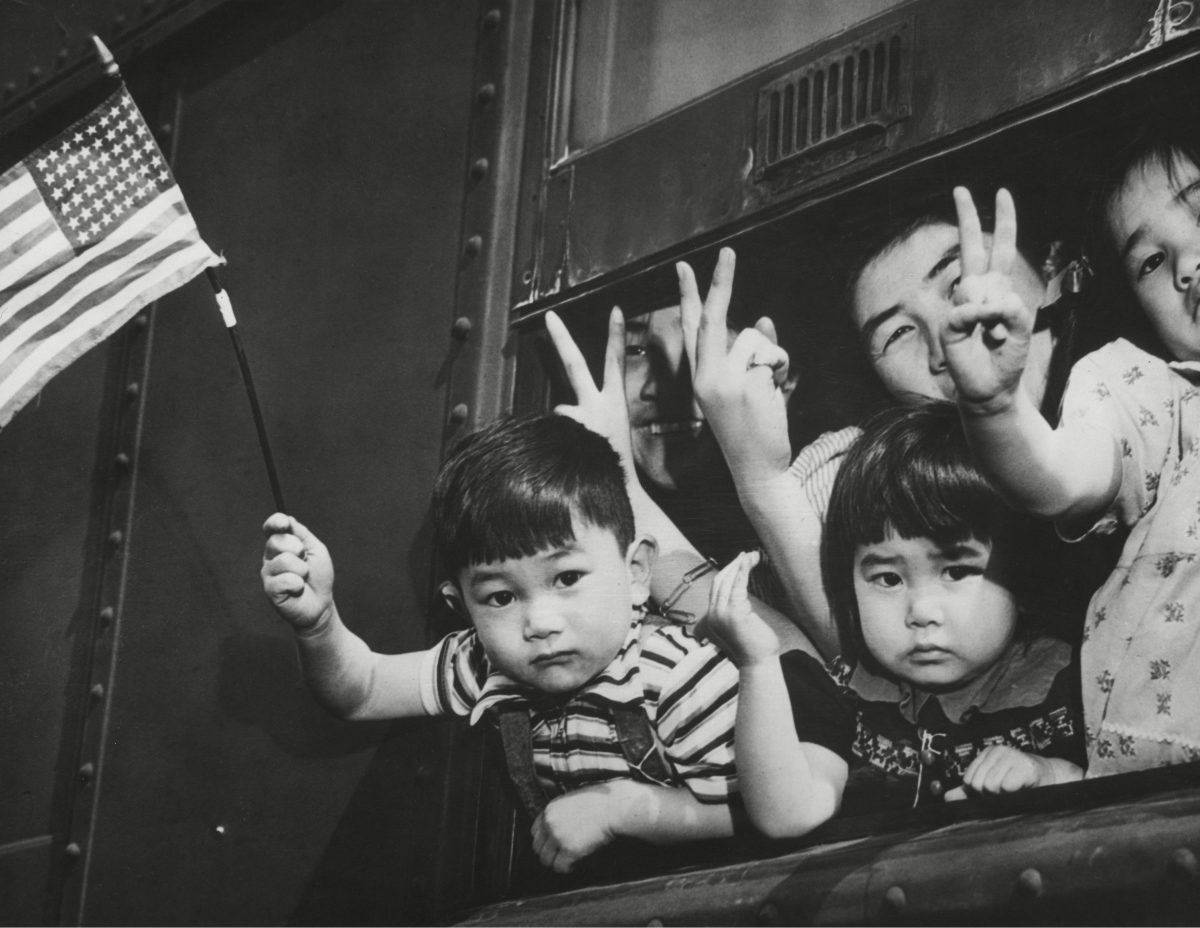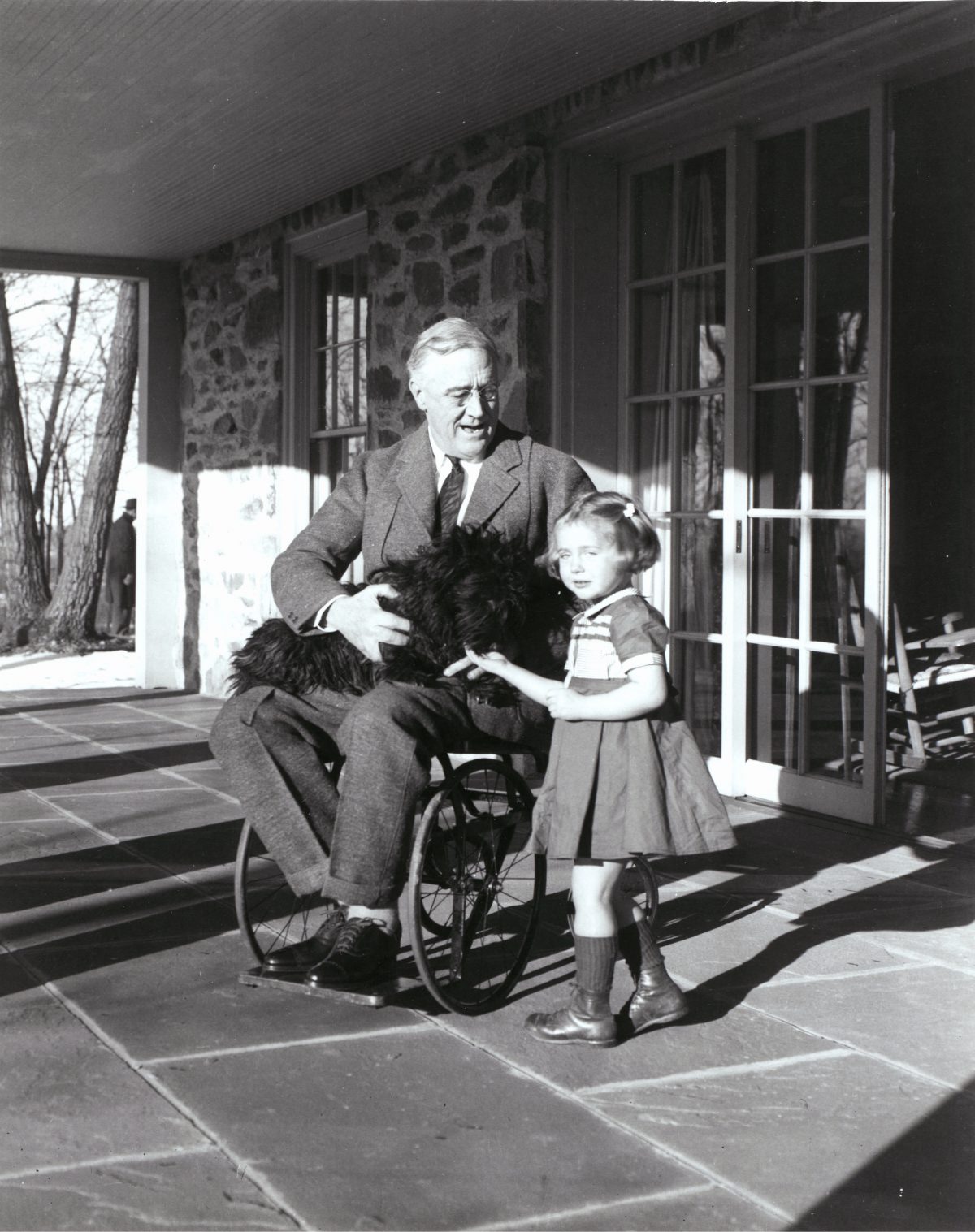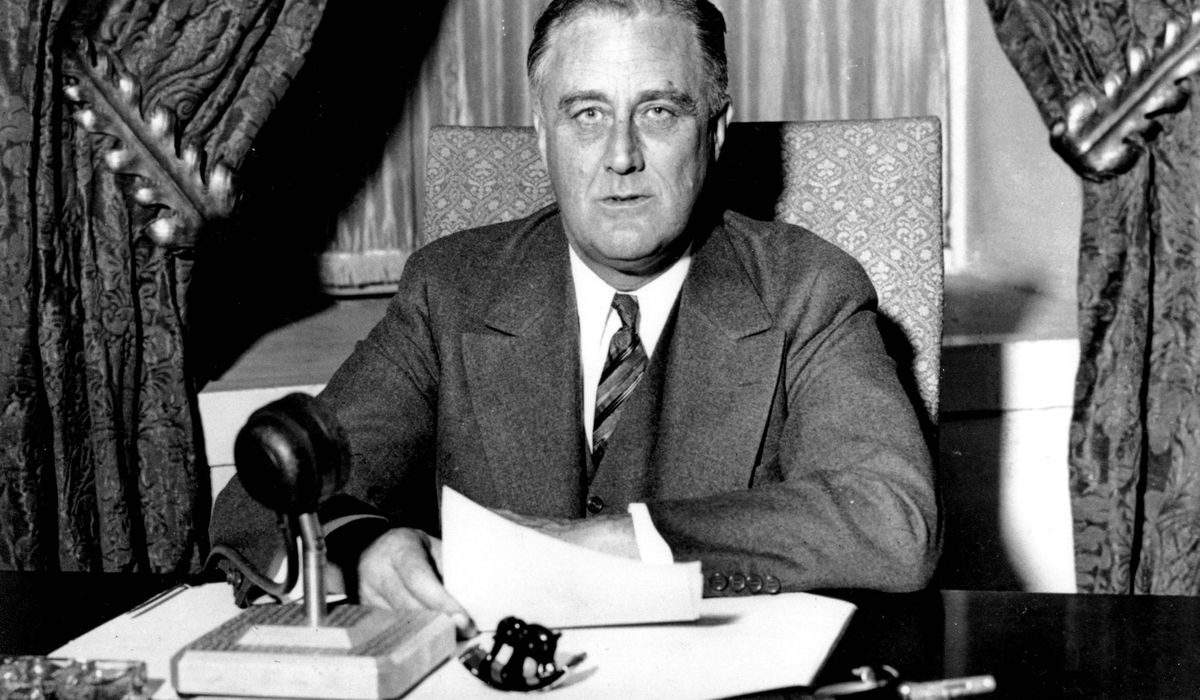“I am sad for a time when one must know a man’s race before his work can be approved or disapproved”
– John Steinbeck, May 7, 1940

On January 11 1944, President Franklin D. Roosevelt (January 30, 1882 – April 12, 1945) used his State of the Union address to outline his Second Bill of Rights. He told Americans, “if ever there was a time to subordinate individual or group selfishness to the national good, that time is now.” This was about economic rights.
Hymned for his New Deal, a panoply of programs, public work projects, financial reforms, and regulations to help the US recover from the Great Depression, Roosevelt’s career was also mired in less noble matters. He found support in White Supremacy and racist senators in the South, like Mississippi’s ‘Dixie Democrat’ Theodore Bilbo, a member of the Klu Klux Klan who fought moves to outlaw lynching, saying the US was “strictly a white man’s country, with a white man’s civilization, and any dream on the part of the Negro Race to share social and political equality will be shattered in the end”. In 1940, the Roosevelt administration hailed Bilbo as “a real friend of liberal government”. Let’s hear it for illiberal liberalism.
That all happened. This too: Roosevelt fought Nazism; interned tens of thousands of Japanese Americans after the attack on Pearl Harbor; desegregated federal hiring and the military; did little to increase immigration and rescue European Jews from persecution, leading to him being suspected of “cold indifference in practice utterly at variance with lofty humanitarian sentiments publicly proclaimed for political advantage”. He said that Germany’s dislike of Jews was “understandable” because there were “too many” of them in the professions. He opined in print that “mingling Asiatic blood with European or American blood produces, in nine cases out of ten, the most unfortunate results.” He recommended that immigration should be limited to those who had “blood of the right sort”.

Japanese-American children waving from a train window as it leaves Seattle to take them to an internment camp for the duration of World War II. March 1942.
He championed ‘Four Freedoms’: “The basic things expected by our people of their political and economic systems are simple… Equality of opportunity for youth and for others. Jobs for those who can work. Security for those who need it. The ending of special privilege for the few. The preservation of civil liberties for all. The enjoyment of the fruits of scientific progress in a wider and constantly rising standard of living.”
So much for President Franklin Delano Roosevelt, a figure ready to deal with anything. Roosevelt “had to make difficult and painful trade-offs, and he adapted over time to shifting circumstances”, so they say.

President Roosevelt, author of the Second Bill of Rights, in his wheelchair on the porch at Top Cottage in Hyde Park, NY with Ruthie Bie and Fala. February 1941. This photograph was taken by his friend, Margaret “Daisy” Suckley. Ruthie Bie (later Bautista), then three years old, was the daughter of the property caretakers
And there was a private struggle. In 1921, FDR was stricken with a disease, likely poliomyelitis, and lost the use of his legs. Confined to a wheelchair for the rest of his life, he instigated a fund-raising campaign called the March of Dimes which kick-started the 20th century’s largely successful eradication of polio, worldwide.
And so the speech that set the US on a path to becoming the global super power – a speech that served to “launch a global movement of social and economic rights arguably as influential as his New Deal legacy and certainly more enduring than his wartime effort to end unemployment and price increases”:
It is our duty now to begin to lay the plans and determine the strategy for the winning of a lasting peace and the establishment of an American standard of living higher than ever before known. We cannot be content, no matter how high that general standard of living may be, if some fraction of our people—whether it be one-third or one-fifth or one-tenth- is ill-fed, ill-clothed, ill housed, and insecure.
This Republic had its beginning, and grew to its present strength, under the protection of certain inalienable political rights—among them the right of free speech, free press, free worship, trial by jury, freedom from unreasonable searches and seizures. They were our rights to life and liberty.
As our Nation has grown in size and stature, however—as our industrial economy expanded—these political rights proved inadequate to assure us equality in the pursuit of happiness.
We have come to a clear realization of the fact that true individual freedom cannot exist without economic security and independence. Necessitous men are not free men. People who are hungry and out of a job are the stuff of which dictatorships are made.
In our day these economic truths have become accepted as self-evident. We have accepted, so to speak, a second Bill of Rights under which a new basis of security and prosperity can be established for all regardless of station, race, or creed.
Among these are:
The right to a useful and remunerative job in the industries or shops or farms or mines of the Nation;
The right to earn enough to provide adequate food and clothing and recreation;
The right of every farmer to raise and sell his products at a return which will give him and his family a decent living;
The right of every businessman, large and small, to trade in an atmosphere of freedom from unfair competition and domination by monopolies at home or abroad;
The right of every family to a decent home;
The right to adequate medical care and the opportunity to achieve and enjoy good health;
The right to adequate protection from the economic fears of old age, sickness, accident, and unemployment;
The right to a good education.
All of these rights spell security. And after this war is won we must be prepared to move forward, in the implementation of these rights, to new goals of human happiness and well-being.
America’s own rightful place in the world depends in large part upon how fully these and similar rights have been carried into practice for our citizens. For unless there is security here at home there cannot be lasting peace in the world.
One of the great American industrialists of our day—a man who has rendered yeoman service to his country in this crisis-recently emphasized the grave dangers of “rightist reaction” in this Nation. All clear-thinking businessmen share his concern. Indeed, if such reaction should develop—if history were to repeat itself and we were to return to the so-called “normalcy” of the 1920’s—then it is certain that even though we shall have conquered our enemies on the battlefields abroad, we shall have yielded to the spirit of Fascism here at home.

As Josh Jones writes at Open Culture:
Roosevelt died in office before the war ended. His successor tried to carry forward his economic and civil rights initiatives with the “Fair Deal,” but congress blocked nearly all of Truman’s proposed legislation. We might imagine an alternate history in which Roosevelt lived and found a way through force of will to enact his “second Bill of Rights,” honoring his promise to every “station, race” and “creed.” Yet in any case, his fourth term was nearly at an end, and he would hardly have been elected to a fifth.
Lead image: FDR, author of the Second Bill of Rights, swimming in a Warm Springs, GA pool. 1929
Would you like to support Flashbak?
Please consider making a donation to our site. We don't want to rely on ads to bring you the best of visual culture. You can also support us by signing up to our Mailing List. And you can also follow us on Facebook, Instagram and Twitter. For great art and culture delivered to your door, visit our shop.


